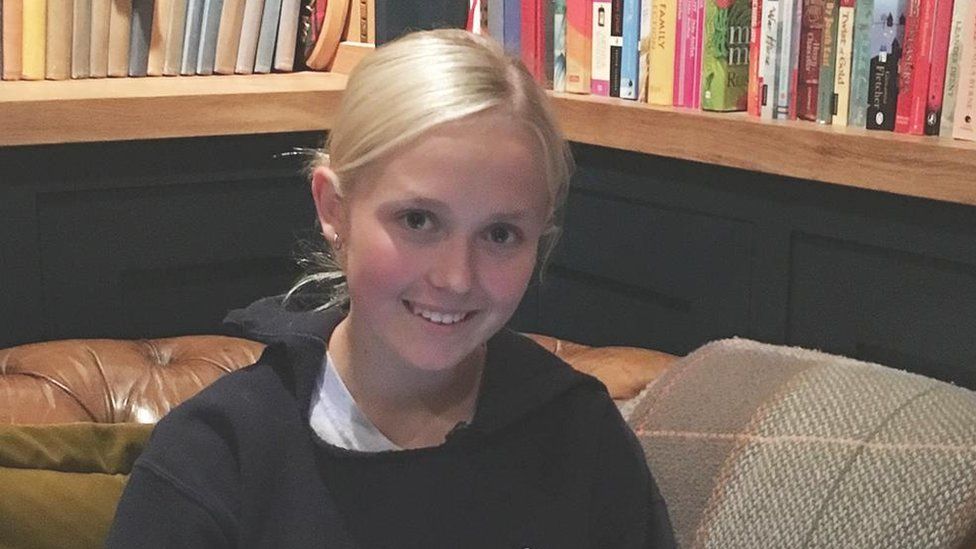What is Lit?

Just some teens, enjoying the coolest brands. (Getty Images/ISTOCKPHOTO)
https://www.washingtonpost.com/news/wonk/wp/2017/04/04/teens-think-axe-body-spray-is-cooler-than-espn-mcdonalds-or-vice/?utm_term=.d39e2f77f4a1
https://storage.googleapis.com/think/docs/its-lit.pdf
1) What evidence is presented in these resources? Is it compelling for the conclusions the authors come to? What are the limits in surveying people for research? To what degree can one trust the conclusion of YouTube being the "coolest" brand?
2) Whose perspective is represented in the articles? Whose perspective is not represented? In what ways are teenagers' perceptions different than their parents? Why might a Pewdiepie subscriber think about this report differently than someone who has never heard of this YouTuber?
3) In what ways can this report connected to the environment? To government and politics? Education?
4) To what extent would this report have been different if they extended the age range 3 years above and below? How might these resources be
5) In what ways is this significant to you? What are some assumptions about teenagers? About the field of advertising? What are the long-term consequences of this report? Short-term?
Extension Activities:
1) Students can research the techniques used to sell products and bring in ads that use these techniques. They can then compare them to early techniques in marketing (i.e. Listerine).
2) Students can create an guidebook of new words for teachers to be aware of and update it throughout the year. They can then chart the use and disuse of slang words throughout different periods of time through research or by interviewing family members.
AoK: Human Sciences
WoK: Language






